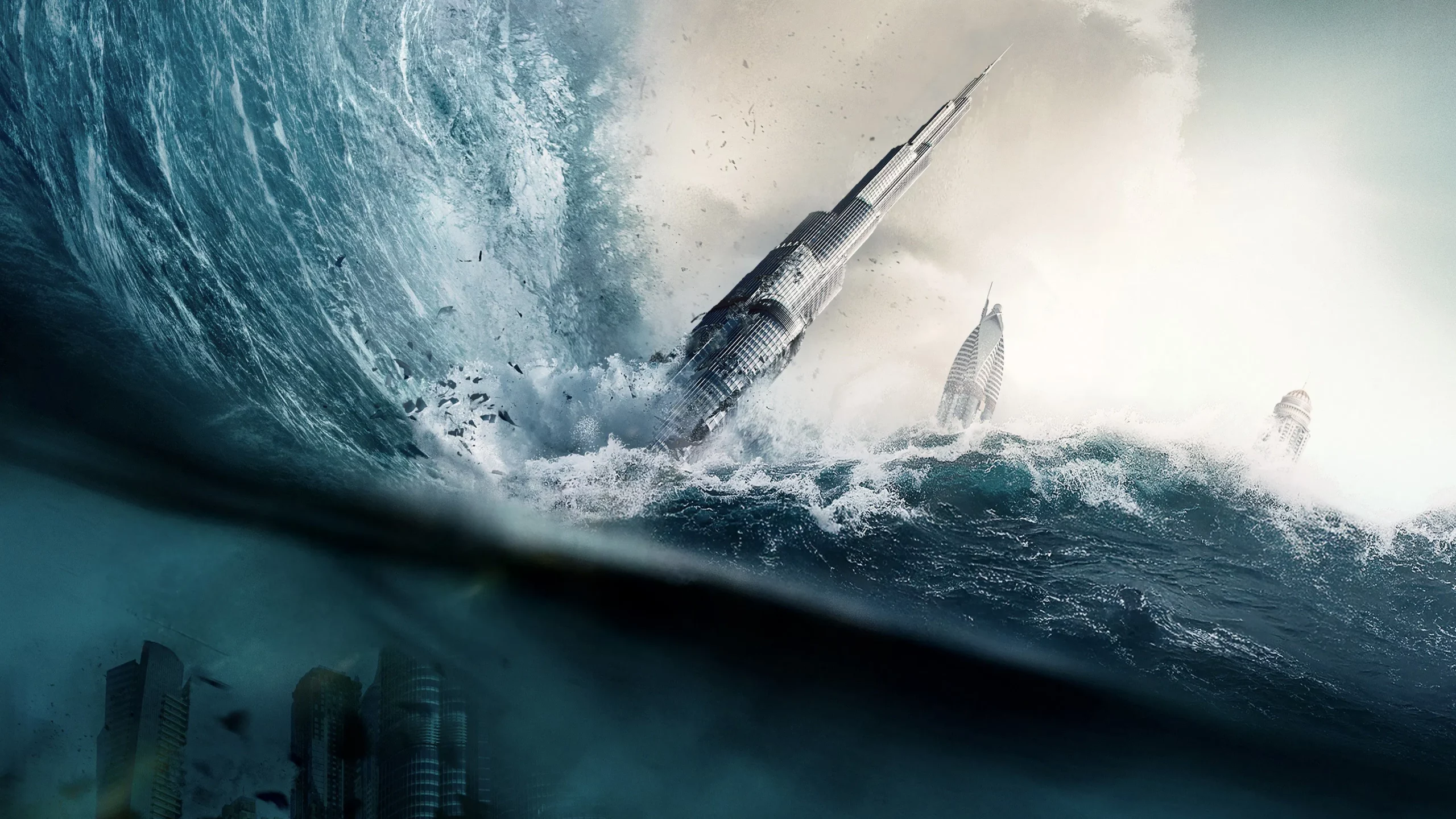The world is beset with problems, and in a way, it always has been. Often, to deal with these problems, the general public needs to be made aware of them, the dangers, the immediacy and so on. One of the biggest problems facing the world is climate change, but how best to demonstrate the severity of the problem – documentaries involving experts or fiction films that portray the issue in more accessible ways?
Legendary film critic Roger Ebert described cinema as an empathy machine. When you watch movies, you identify with characters, you see things from their perspective, you can gain some understanding – perhaps limited and incomplete – into their life. This is incredibly powerful and can lead people to change how they see the world and other people in it. But does it apply to documentaries in the same way as fiction movies?
Movies
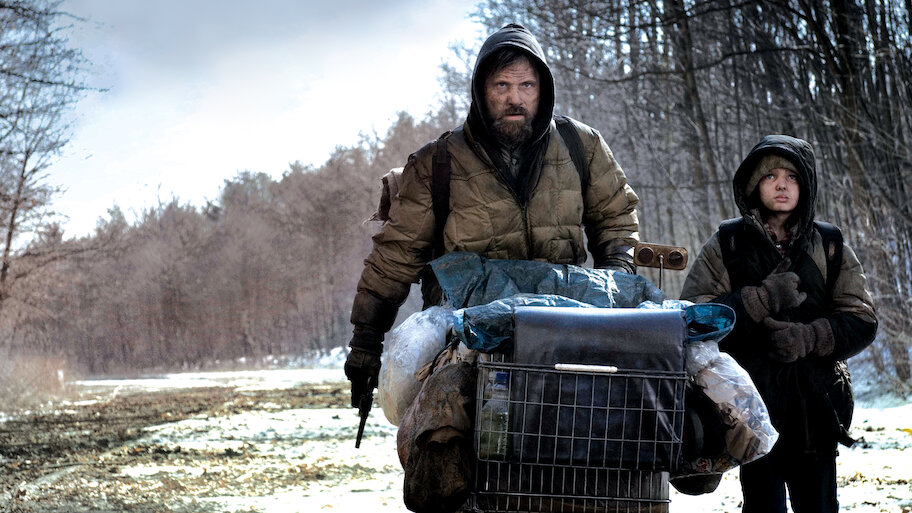
Bleak versions of our future have been a staple of sci-fi for as long as it has existed. The Road, set after some unspecified climate disaster, is perhaps the bleakest film you will ever see, where the best-case situation is still awful. Children of Men shows a not-too-distant future where the birth-rate has fallen to zero, the youngest person in the world is in their late teens, with no idea why this is happening it’s hard to imagine it being fixed. The absence of children is hugely oppressive, and the utter futility of what everyone is doing is almost impossible to bear. One character has been charged with saving artistic treasures from around the collapsing world – why? In a matter of decades, there will be no one left alive to appreciate them. The Mad Max series of films suggests a nuclear apocalypse, which has led to an ecological disaster, and gangs of post-apocalyptic thugs fight to the death over the dwindling resources. Even Pixar’s Wall-E shows a world overrun with trash, leading humanity to abandon Earth and live in space, enjoying an empty existence of lazy indulgence. Are these films trying to influence people? Some have a very direct message – so Wall-E is saying make an effort and clean up the planet. The Mad Max films, like many films that play with the idea of an end by nuclear war, suggest that it was almost inevitable that once humanity had these weapons, they were going to obliterate the world. The Road has a very the-living-will-envy-the-dead feeling to it. If these films are trying to stir people to take action against climate change the problem may be that they usually rely solely on fear. An article published in the journal Science Communication found that while the scary futures shown in these films do get attention, they also make people feel powerless and don’t lead to change.
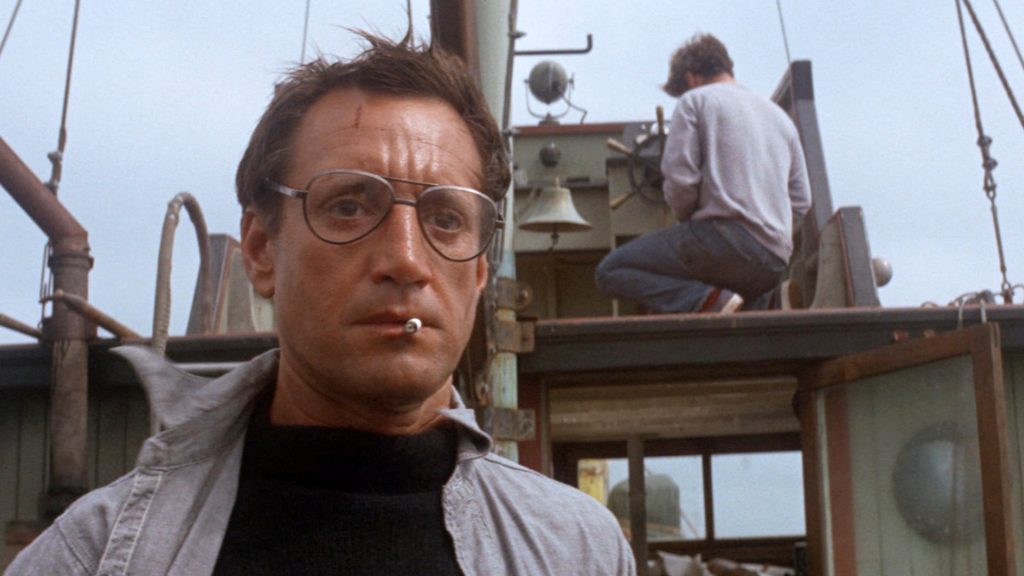
It may be surprising what films have had a big impact on society. As well as being a cinematic masterpiece, Jaws forever changed people’s attitude to sharks. Both authors of the book, Peter Benchley and film director Steven Spielberg, have stated they feel bad for making people see sharks as an outright villain and especially dangerous. So effectively have sharks been vilified by Hollywood that in a 2023 documentary, Sharksploitation was made to address this mischaracterisation. Horror films like Rosemary’s Baby and The Exorcist created fears out of almost nothing, with the former creating the image of devil-worshipping human-sacrificing cults. The Exorcist led to genuine hysterical outbursts, as well as cementing the sinister reputation of Ouija boards and ideas about possession. References to oujia boards, possession, and satanists today will almost certainly reference these films. The movie The China Syndrome, about a journalist uncovering coverups at a nuclear power plant and the risk to the public there was very the real Three Mile Island nuclear power plant partial meltdown, forever linking the film with the anti-nuclear power movement.
Documentaries
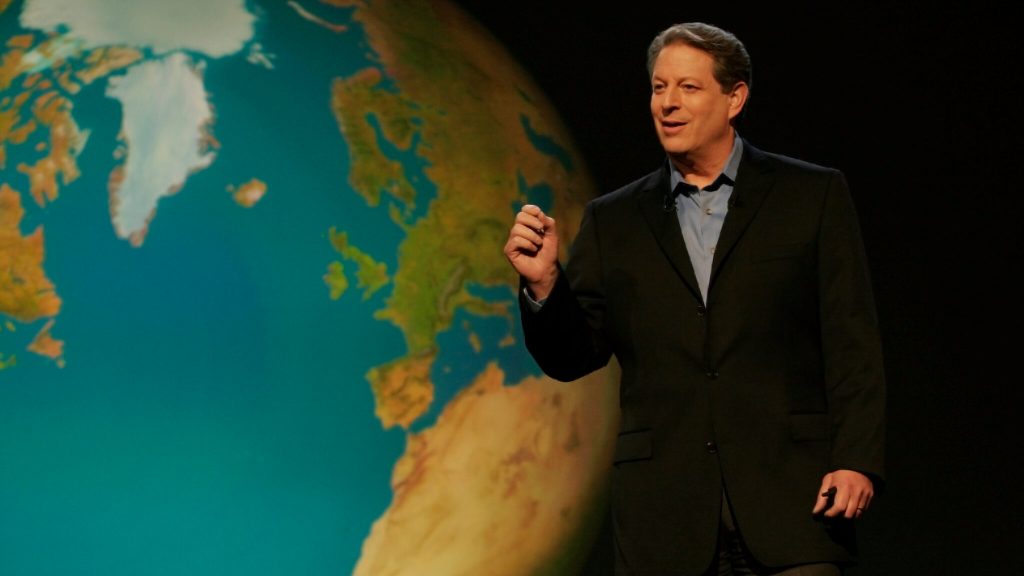
The most famous climate change documentary is undoubtedly An Inconvenient Truth, a documentary made by former Vice President Al Gore. Gore has long been an environmentalist, and once out of politics, it became his main focus. The film won an Oscar and got Gore a Nobel Peace Prize. 2014’s Cowspiracy focuses on the harm animal agriculture does to the environment, and is a huge contributor to greenhouse gas emissions, deforestation, destruction of the rainforest and many more environmental problems. The Leonardo DiCaprio-produced Before the Flood was a well-received documentary about climate change, but it does not seem to have broken into the public consciousness in the way.
One of the most impactful documentaries of the past 20 years is Loose Change, a documentary on 9/11 that gives credence to a number of conspiracy theories about the attack. It had a huge impact on many people and for a lot of people shifted the narrative from a terrorist attack to something even worse. The fact that the document was roundly criticised by journalists, experts in everything from aviation to structural engineering and the authorities did little to dent its popularity.
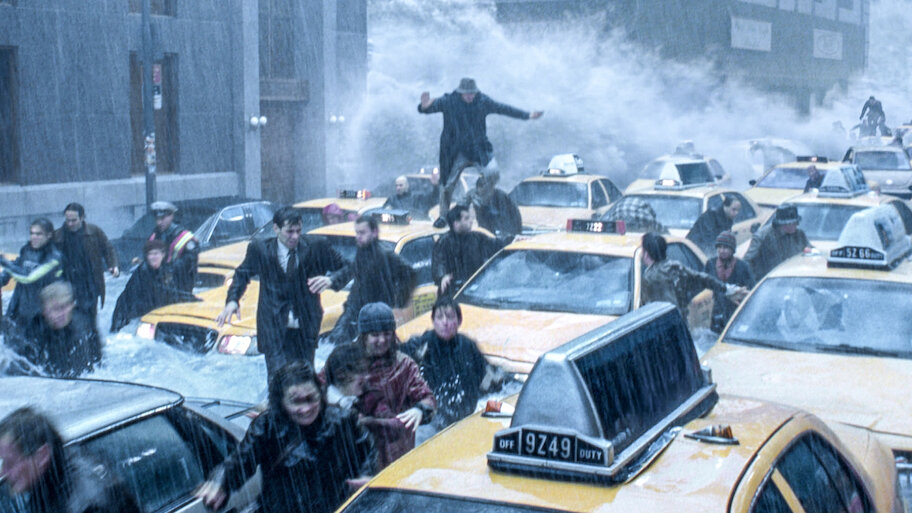
It is exceedingly rare for one documentary to have a big impact on society, but often, they are a smaller piece of a bigger societal change. They might not inspire millions to action, but they can inspire individuals who then go on to make that change. One problem for documentaries is that real experts tend to talk in specific, limited and unsensational terms, estimated increases of a few degrees in temperature over years, which will impact the ecosystem… It’s not going to grab everyone’s attention. The Day After Tomorrow grabs your attention.

